

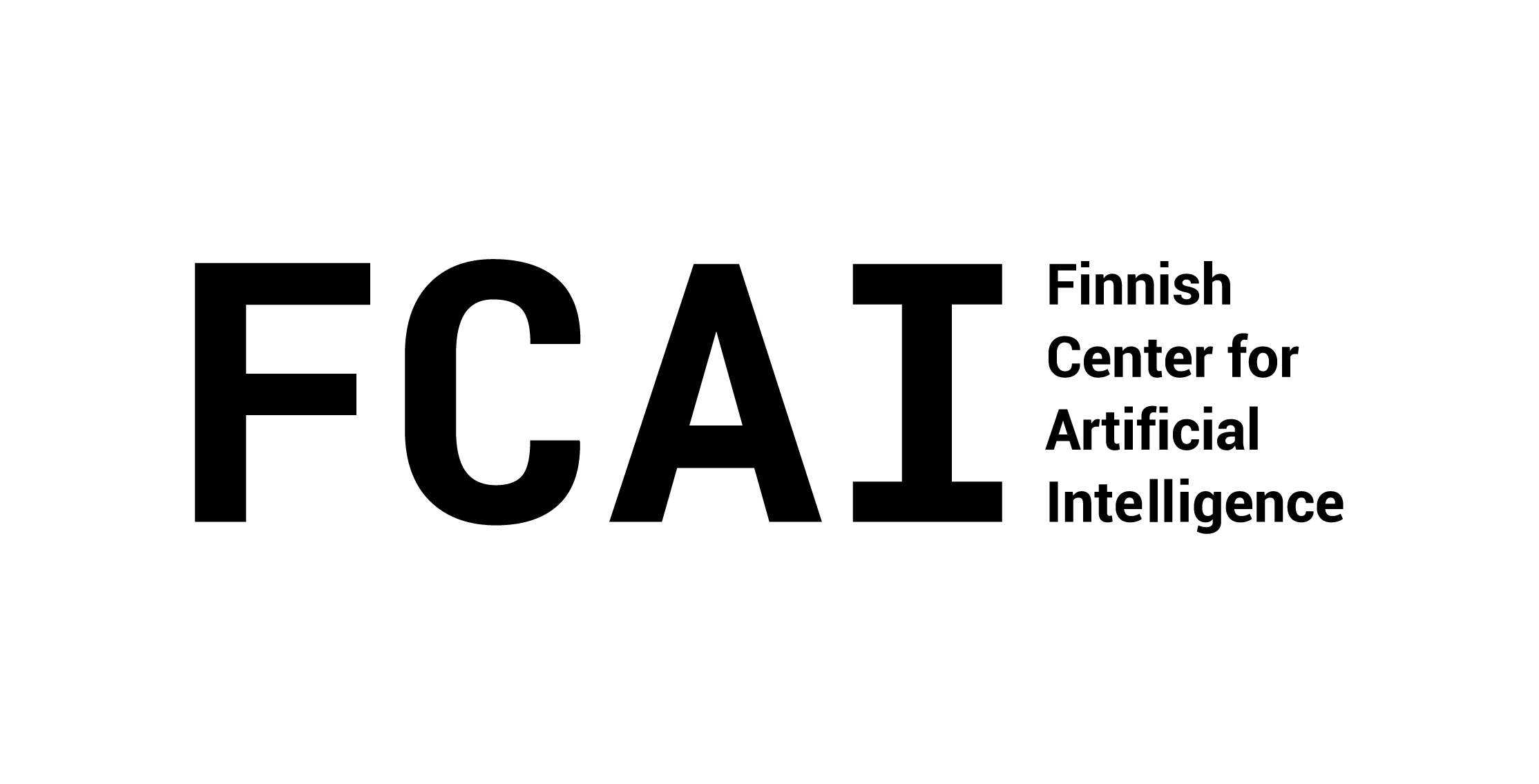
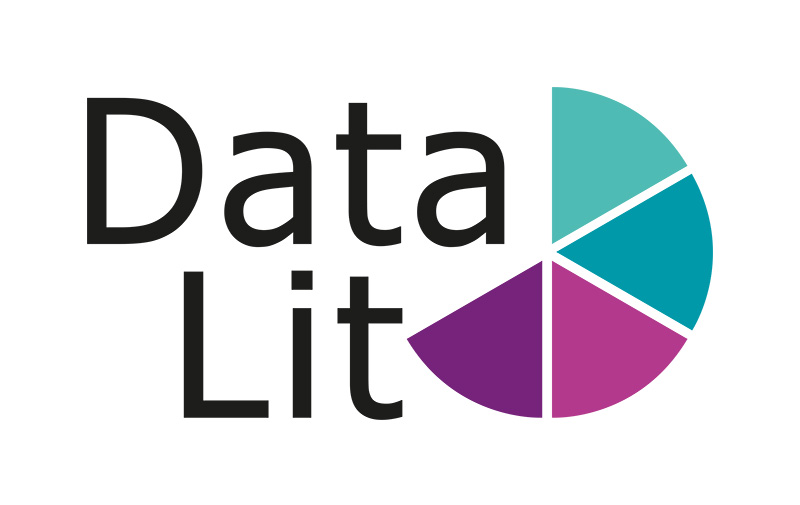

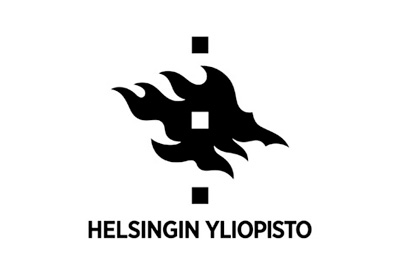

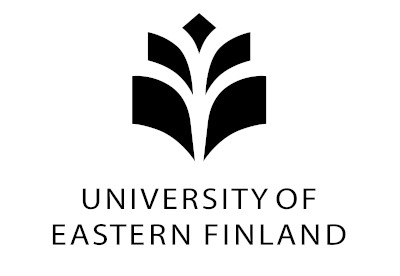

Thursday, September the 15th 2022, virtual conference
Starting time (Helsinki time, UTC +03:00): 13:00
(If you are joining from another time zone, check the time here.)
The conference will bring together researchers, public sector authorities and experts in the field of data and AI. The idea of the conference is to open up avenues for sharing research-based accounts on how to develop responsible public sector governance in the digital era, distribute good practices and give sparks for developing and discussing administrative practices in a localizable way. The focus of the conference is on possibilities and challenges of developing and utilising AI systems and large data sets for public governance. To whom are we developing the systems? Who benefits? What kind of practical work is needed? How to foster data literacy and privacy of individuals? The conference is aimed for both people from the academia and public sector in Global South and North.
Conference is arranged by DataLit, University of Helsinki and FCAI in partnership with UNITAR, and together with ETAIROS and other prominent researchers and research groups from Finland.
Registration
The registration for this event ended on 31st of August.
Keynotes and main panel are available to everyone who has registered for the event.
You may register to one workshop/seminar from each time slot.
Schedule
Starting session: keynotes + main panel (Start time 13:00-14:30)
(If you are joining from another time zone, check the time here.)
Note! After the starting session and between the two time slots there are 30 minute breaks.
Keynotes
Former President of Finland, Tarja Halonen
United Nations Assistant Secretary-General, Executive Director of UNITAR, Nikhil Seth
Main Panel: Governance for whom?
To whom are the AI systems being developed? Who benefits? There are solutions for different populations, recipients of services, and different governing regimes. Who is facing the risks? And why? How can we shape technology in order to avoid AI echoing and amplifying existing societal problems, such as inequalities, injustices and oppressions?
Speakers: Reijo Aarnio, Shaun Riordan, Sari Stenfors & Rupesh Vyas
Organizers: Bruna de Castro e Silva, Virpi Jylhä & Karoliina Snell
Workshops & Seminars (Time Slot 1, Start time 15:00-17:00)
(If you are joining from another time zone, check the time here.)
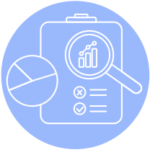 1. Seminar: Data Literacy
1. Seminar: Data Literacy
What do we need to know about data and AI in order to develop responsible systems and applications for governance.
Speakers: Heikki Mannila, Olli-Pekka Rissanen, Anna-Mari Rusanen, Saara Taalas & Petri Ylikoski
Organizers: Anna-Mari Rusanen & Petri Ylikoski
 2. Seminar: Privacy and sensitive data
2. Seminar: Privacy and sensitive data
What is privacy in the modern data-driven world, with examples of failures? How can sensitive data be used while ensuring privacy of the data subjects? What is the role of citizens in the use of sensitive data?
Speakers: Antti Honkela, Marjut Salokannel & Aaro Tupasela
Organizers: Antti Honkela, Marjut Salokannel & Aaro Tupasela
 3. Workshop: Inclusion, Equity and Accountability
3. Workshop: Inclusion, Equity and Accountability
Speakers: Janne Mattila, Mika Juuti, Joonas Leppänen & Antti Rannisto
Organizers: Antti Rannisto, Karolina Drobotowicz, Uttishta Varanasi, Ana Paula Gonzalez Torres & Nitin Sawhney
Workshops & Seminars (Time Slot 2, Start time 17:30-19:30)
(If you are joining from another time zone, check the time here.)
 4. Workshop: Ethics of Artificial Intelligence
4. Workshop: Ethics of Artificial Intelligence
On 24 November 2021, the Recommendation on the Ethics of Artificial Intelligence was adopted by UNESCO’s General Conference at its 41st session. The Recommendation provides first global standard-setting instrument on the ethics of artificial intelligence. It aims to bring a globally accepted normative instrument that focuses the articulation of values and principles, as well as their practical realization via concrete policy recommendations. In this workshop, the focus is on the question of how the UNESCO Recommendation can be put in place in public sector governance by developing monitoring and evaluation mechanisms, policy frameworks and regulatory approaches. Further, the workshop explores the ways, how national and regional strategies can be developed, maintained and monitored.
Speakers: Tommi Himberg & Anna-Mari Rusanen
Marko Latvanen (Chief Specialist, DVV, Finland)
Jeremy Darot (Head of Artificial Intelligence, the Scottish Government)
Mats Snäll (Senior Adviser, DIGG, Sweden)
Heather Broomfield (Ph.d Fellow at University of Oslo & Senior Advisor at Norway’s Digitalisation Agency, Norway)
Organizers: Anna-Mari Rusanen
 5. Seminar: Data work as transformative power
5. Seminar: Data work as transformative power
This seminar focuses on data work in the public sector, especially in health care and social care services. Data work is not only data curation or cleaning, but includes all sorts of work related to databases, data generation, collecting, structuring, editing as well as analyzing and interpreting the data. Data work is increasingly carried out by public sector professionals and through digital health services by clients and patients of public services. Research has shown that increasing data work transforms service/care provision, professions, and knowledge generation. Furthermore, it consumes (public) resources. Therefore, the consideration of the ethical, economic and other aspects of data generation, processing, and utilization from the viewpoint of society and individuals is highly needed. This seminar discusses the following questions related to data work: Who does data work? What forms of data work are there? How does increasing data work transform public services? What resources does data work require? Who pays for it?
The structure of the seminar (120 minutes, 3 x 20 min presentations), 10 min opening remarks by the organisers
Speakers: Claus Bossen, Vesa Jormanainen & Tarja Pösö
Organizers: Marja Alastalo, Virpi Jylhä, Katri-Maria Järvinen & Kaija Saranto
 6. Seminar: Sustainability
6. Seminar: Sustainability
How will AI help in achieving the UN Sustainable Development Goals? The seminar session will look at the relationship of AI and SDGs in general. It will discuss ‘ESG risks’ for the age of AI and analyze how this could help achieving SDGs considering finance, investments, business, and innovations. The session will also contextualize sustainability impacts of AI in transport and in frugal innovations. Already existing solutions will be discussed, as well as the systematic decisions and future implementations required to reach the SDGs.
Speakers: Venkata Gandikota, Mikko Rusama, Laura Ruotsalainen & Emad Yaghmaei
Organizers: Antero Karvonen, Jaana Leikas, Laura Ruotsalainen & Nina Wessberg
ORGANIZERS & COLLABORATORS
SPEAKERS

